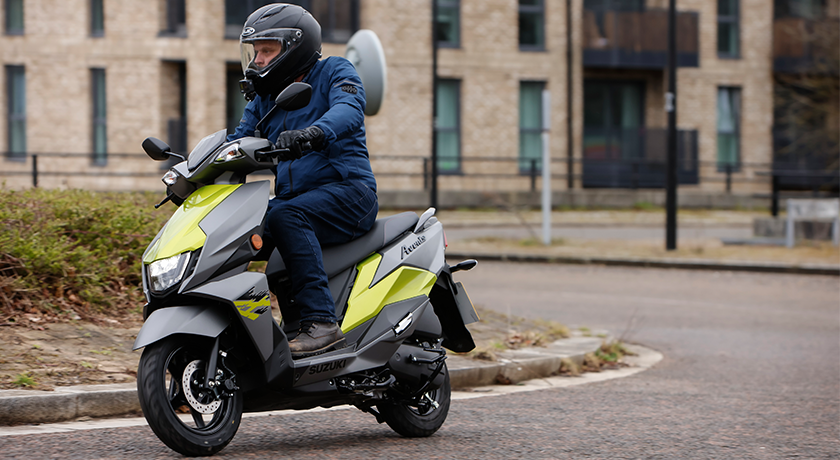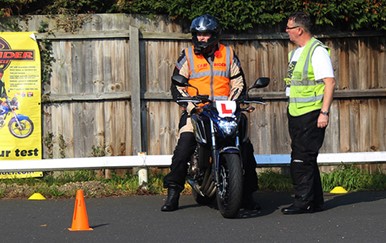Are you looking for advice when it comes to scooter and moped insurance? Well, you’ll be pleased to know you’re in the right place!
In this blog, we are going to be explaining why scooter and moped insurance can be so expensive, as well as running down a few ways in which you can help bring your premium costs down.
So, without further ado, let’s get into it - shall we?
Why is scooter/moped insurance so expensive?

Everyone thinks insurance is expensive until they have to use it, then it's considered a wise investment. However, when it comes to scooter or motorcycle insurance, it can be seen as expensive because of a variety of factors.
One reason being that given that they're commuting vehicles, they're often ridden during peak times and therefore are a high road risk due to traffic. Another reason is that they're a popular target for thieves as it's easy to break the steering lock and, ultimately, hotwire.
How to get cheaper scooter/moped insurance
As we mentioned above, there are many factors that can and will affect your scooter insurance. However, this being said there are a few ways in which you can try to bring down your premium rates such as:
Only pay for what you genuinely need
One of the best ways to keep your insurance costs down is by only paying for what you genuinely believe you’ll need. If you are someone who rides spontaneously a few weekends a year, consider what level of cover as someone who rides their bike every day to and from work?
There is no right or wrong answer when it comes to which level of scooter insurance you need, however, it is certainly worth weighing up what you need and feel comfortable having covered if the worst were to happen.
Level of licencing and training

Firstly, having a Category A Motorcycle Licence will typically provide you with a larger discount on your insurance premium compared to someone who holds a Provisional Licence given that it's proof of a higher qualification of riding.
Another factor that can also help your insurance costs decrease is by attending further advanced training courses.
Store your scooter in a garage or secure location
Keeping your scooter or moped in a secure garage overnight should have a positive effect on reducing your insurance premium in comparison to storing your bike elsewhere - eg. in a car park or at the side of the road.
You can also add extra security to a garage, such as ground anchors, which may reduce your premium further.
Pay caution when adding modifications
Whilst not all modifications you make to your scooter or moped will make it more expensive (such as adding anti-theft devices), adding parts to enhance your scooter's performance or cosmetic appearance can and will affect your insurance premium. Modifcations to your two-wheeler can impact the safety and or/ make it a theft risk.
Failure to notify your insurance about your modifications may result in your policy being null and void in the event of an accident - so it is extremely important that you are transparent and honest about the work you have done!
Building up your No Claims Discount (NCD)
Another way in which you can help to bring your insurance premium costs down is by building up your no-claims bonus.
Each year you go without having to make a claim on your insurance, you will build another year's worth of NCB. Typically, the more NCBs you have year on year, the more of a discount you can get on your insurance policy.
*For more on how to save money on your scooter insurance, check out our full comprehensive guide!

Ready to ride?
So there you have it, I hope you enjoyed my guide to everything scooter and moped insurance.
Lastly, if you are in need of scooter or moped insurance, make sure to get a quotation direct with Lexham - either give us a call on 01379 646 529 or fill out an online quotation form!










